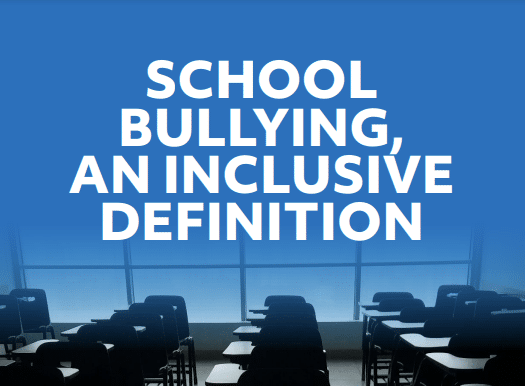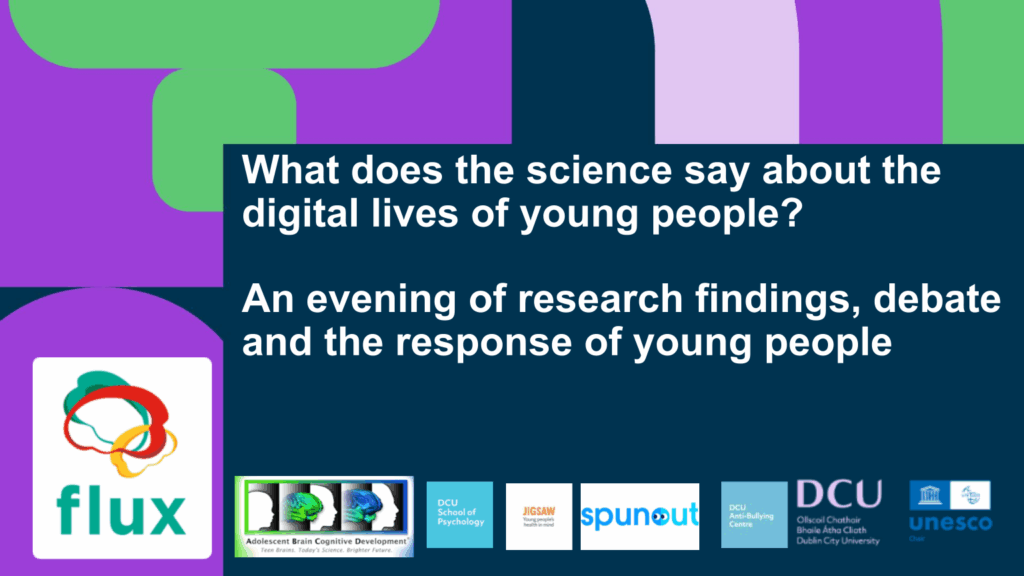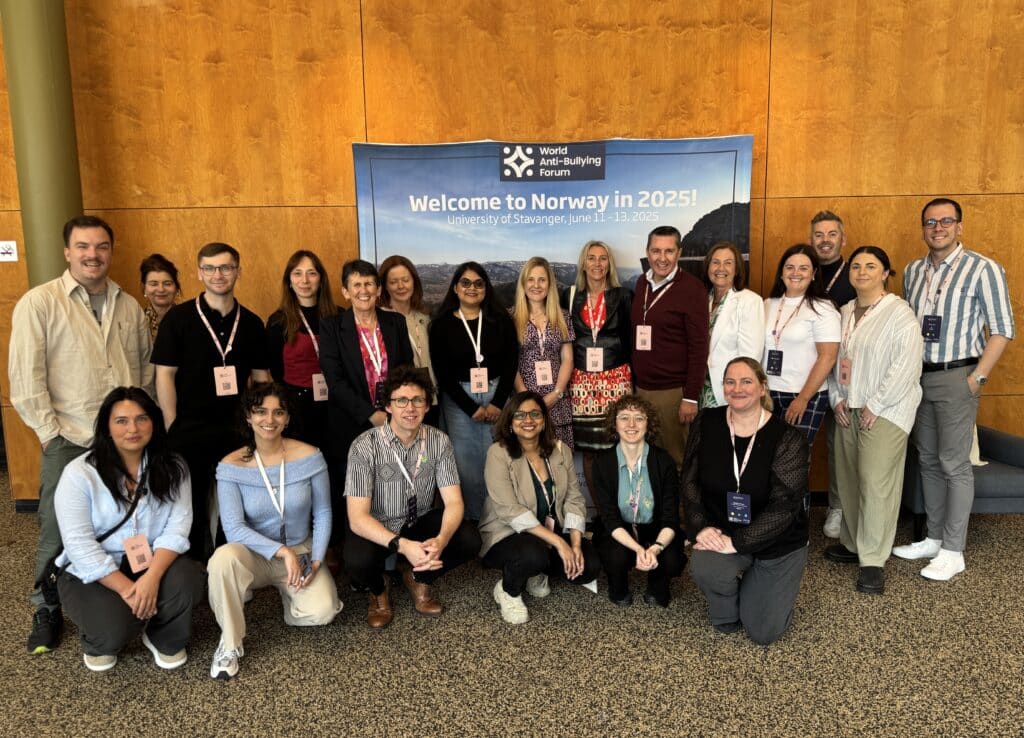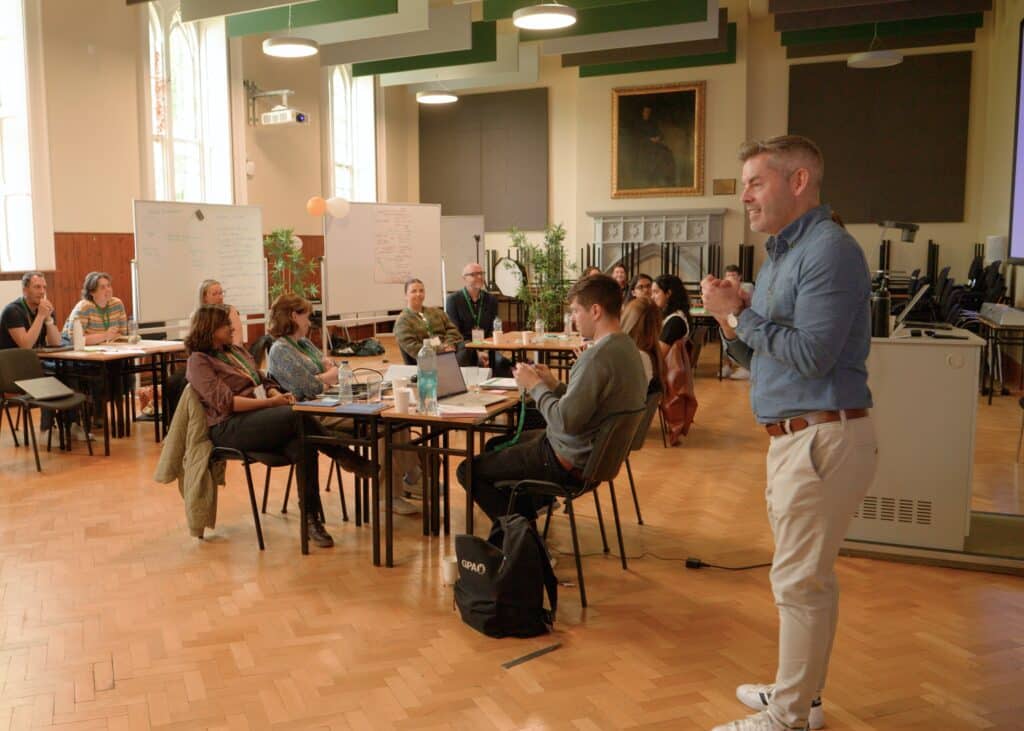A new definition of bullying has been published on behalf of a Working Group established by UNESCO and World Anti-Bullying Forum (WABF).
The Working Group was chaired by Prof. James O’Higgins Norman, DCU’s UNESCO Chair on Bullying and Cyberbullying, and arises from almost four years of work by experts from across the world.
In 2020, UNESCO and the French Minister of Education, Youth, and Sports convened an International Scientific Committee to prepare recommendations on preventing and addressing school bullying and cyberbullying, which were presented during an International Conference on School Bullying in November 2020. These recommendations by the Scientific Committee on preventing and addressing school bullying and cyberbullying included a series of suggestions on how to revise the commonly used definition of bullying and adopt a more inclusive definition of school bullying that would reflect the growth of understanding in bullying prevention and intervention, and help researchers, practitioners, and policy makers to develop more comprehensive and targeted initiatives to tackle bullying in all of its forms.
Subsequently, UNESCO and World Anti-Bullying Forum established an expert Working Group which developed an inclusive definition of bullying by moving beyond the specifics of individual behaviour to bring greater awareness of the way that aggressive acts are normalised and reinforced within a social context supported by societal structures and norms. A draft of the definition was presented at WABF2021 in Stockholm and based on feedback it was revised and presented again at WABF2023 in North Carolina. This final version was then approved by the sponsoring bodies, UNESCO and WABF, and has now been published.
The report is available here.



